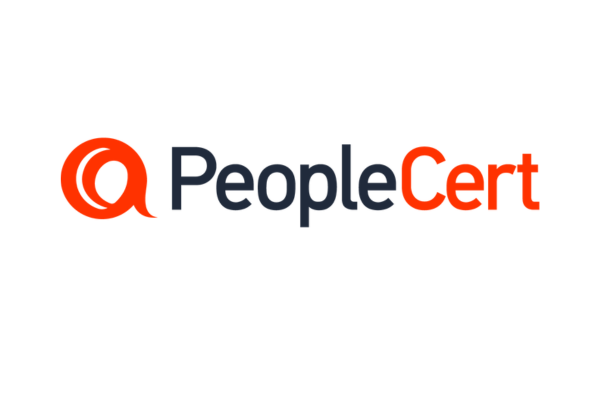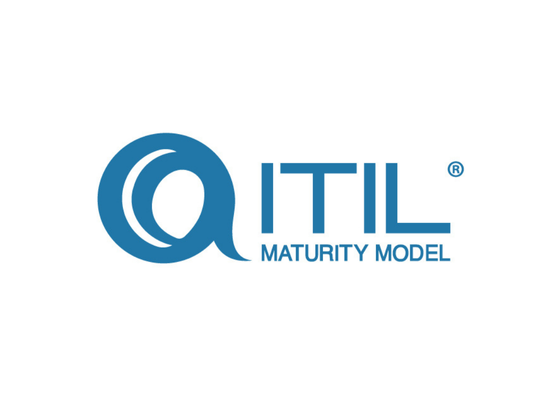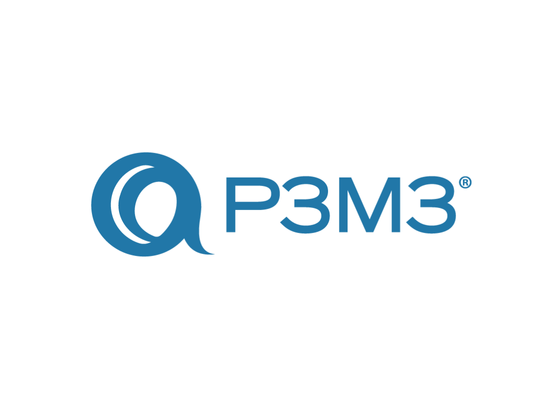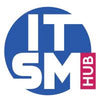Over the past 18 months or so, digital transformation has become a pressing need rather than a distant future goal for the majority of businesses. Whether we look at a large corporation or a medium-sized business – we see that all of them strive for the increased business resilience that can be achieved by modernising their digital systems and adapting them to “the new normal”. According to McKinsey data, many organisations report rapid acceleration of their digital ambitions – in some cases, by up to ten years!
The benefits of digital transformation for organisations are evident: delivering better customer experiences, improved employee engagement, and more revenue opportunities. (According to KPMG, about 80 percent of revenue growth opportunities today arise from the digital environment.)
Still, for many companies, digital transformation does not deliver all the expected value. In fact, BCG research shows that digital transformation delivers up to the expected level only in about 30 percent of all such initiatives. This is largely due to the complexity of the digital transformation process and multiple challenges that are usually associated with its implementation.
This is why digital transformation exercises like ITIL should be regarded as an essential component of any digital transformation project. The goals of such exercises are closely aligned with digital workflows that are being introduced. They use the enterprise service management approach that ensures that service management principles, practices, and technological solutions are used to improve the outcomes of all business functions in an organisation. This greatly facilitates the introduction of required digital workflows for any enterprise.
In an interview with CIO Australia, Stephen Moore, Business Development Consultant at ITSM Hub, said, “These new ways of working broke the IT operating model that organisations were using, and for some, the old model was fundamentally incompatible with how people now worked and used IT. Practices need to be quickly revised to realign with the emerging business strategies, and that’s prompted a greater appetite to consider ITIL®, especially with the latest iteration, ITIL 4, encouraging a bit more pragmatism in applying ITIL guideline.”
“With ITIL 4, service organisations can meet or exceed the rising bar of customer expectations through constructing repeatable and reliable services. And using proven methods, methods to enable change, and to deal with incidents and problems.”
While earlier generations of ITIL have often been considered not flexible enough, this is no longer the case with the latest version of the framework – ITIL 4 – that was released in February 2019, just under a year before the COVID pandemic began to reshape digital transformation priorities.
The new capabilities of ITIL 4 include better recognition and improved support for Agile, Lean, and DevOps integration built into its framework. So, ITIL 4 is much better suited for today’s digital transformation priorities and offers increased flexibility for its organisational adoption well beyond just IT.
Benefits of ITIL Across The Organisation
ITIL 4 offers various benefits across the whole organisation that undergoes the process of digital transformation. Such benefits include:
- Improved Service Management ROI. While ITIL 4 does not reduce the investment needed into Service Management (both within IT and across the organisation), it helps to develop and implement better, more streamlined and effective Service Management practices.
- Delivering future-proofed Service Management practices. Transformation exercises are especially useful for developing resilience and scalability, and for future-proofing of Service Management. ITIL 4 provides contemporary scalable practices to achieve the above goals.
- Streamlining service delivery and support. ITIL 4 optimises organisational processes, enabling the ITSM and ESM groups to be more responsive to both challenges and opportunities.
- Better alignment of strategic goals of the business and the services it delivers. As a result of the ITIL 4 implementation and the improvement in the ITSM function, the IT department becomes better equipped to address the needs of all other business divisions and more responsive to their needs.
- Continuous improvement of products and services. As ITIL 4 introduces and supports Agile best practices, it enables the ongoing improvement of products and services and influences their development to maximise the company’s grasp of new opportunities and their conversion into digital revenue.
“You can use ITIL 4 to help your teams understand why there are things that should be done a certain way,” Moore said. “It explains how the different practices work together to create a value chain and support the whole service lifecycle. And what you really want is to continually improve services to increase value. If you achieve that your staff will be active leaders of the services and the service management processes, not just followers, and your customers will be singing your praises.”
One can no longer deny the need for digital transformation in IT, and IT restructuring today can only be successful if IT is recognised as whole-of-business. It is crucial for the IT department to implement ITIL 4 in a way that is easy to grasp for the rest of the organisation, as it paves a way to the overall success, stability and scalability of the organisation’s digital transformation.
Click here for more information about how ITIL 4 can help the organisational digital transformation process.
ITIL® is a registered trademark of AXELOS Limited, used under permission of AXELOS Limited. All rights reserved.
